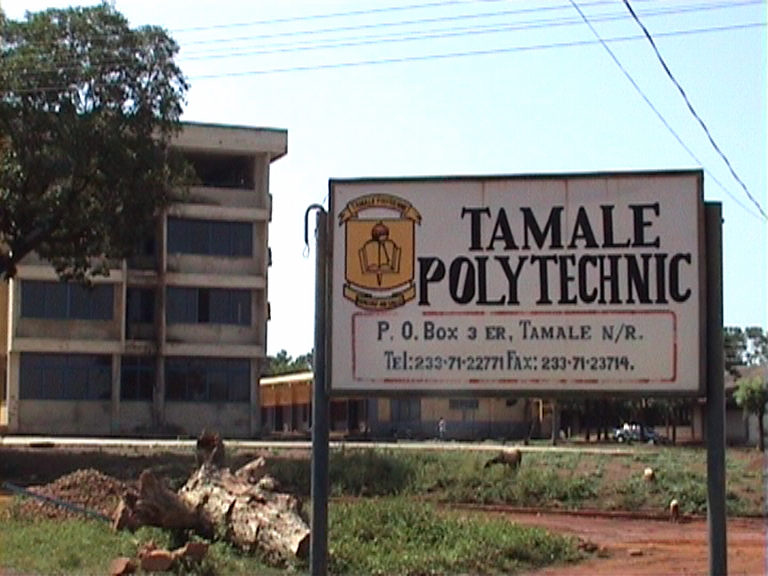Once again, policymakers deal the northern regions a bad hand; T-Poly denied upgrade to Technical University
 When policy makers and politicians in Accra beat their chests and lament the ever-widening development gap between the impoverished north and the resource rich south and promise profusely to enact policies that will tackle the problem, treat their words with the contempt they deserve. After all, these promises to do the right thing for the north are the same platitudes we have heard from Ghanaian politicians since independence.
When policy makers and politicians in Accra beat their chests and lament the ever-widening development gap between the impoverished north and the resource rich south and promise profusely to enact policies that will tackle the problem, treat their words with the contempt they deserve. After all, these promises to do the right thing for the north are the same platitudes we have heard from Ghanaian politicians since independence.
Of course, the genesis of this problem goes back to the colonial era when British administrators deliberately neglected the economic development of the northern regions while relentlessly pushing that of the wealthy south. Belatedly realizing their folly, the colonialists, before departing our shores, hurriedly put in place measures to rapidly develop the northern regions.
However, nearly six decades later, the story-line remains the same; nothing substantial has changed. The northern regions are still depressingly poor and mired in grinding poverty while the south, a recipient of both vast domestic and foreign direct investments, continues to grow exponentially.
It is just not enough to create an agency, in this case SADA, and charge it with the arduous task of extricating the northern regions from poverty and transforming the lives of their residents in the process.
Development wise, it is prudent to supplement the effort of the agency by investing massively in other sectors of the regions economy, with education being the top recipient of investment cash.
Education, especially one that is heavy on the provision of science and technical skills is arguably the cornerstone, the very foundation of development. Countries who have neglected this branch of education have suffered greatly from slow development.
And conversely, countries that have embraced science and technical education have made remarkable strides, Just ask India and China. Their stunning growth in recent times is attributable to their emphasis on technical and science education.
With this in mind, I therefore find it hard to understand why policy makers decided to overlook Tamale Polytechnic when some of the country’s leading polytechnics were being upgraded to technical universities.
This is not only outrageous, it is a total disservice to the northern regions where there is only one public university and no private universities. What is more, it is also a jab in the eyes of all those who continue to fight and clamor for more development programs in the northern regions.
What were policy makers thinking one is compelled to ask? T-Poly is fundamentally a great school. I taught there in 1984 and even back then, it was a tremendously powerful institution providing valuable technical education to many young men and women who have gone on to work in various industries across the country.
Was it oversight or someone deliberately chose to drop T-Poly from the list? Rumors abound of a deputy minister intervening to save one regional polytechnic from being left off the list. Not unexpected, the junior minister reportedly dismissed all charges of favoritism.
But the nagging question on the minds of northern progressives remain thus: where are our northern legislators in this time of the north’s need? Why are they not publicly advocating for T-Poly to be upgraded to a technical university to supplement the efforts of University of Development Studies in providing valuable education to thousands of young men and women and leading the charge in profoundly altering the fortunes of the northern regions?
The ramifications of this outrageous decision to overlook T-Poly would be felt for years to come; once again, the northern regions have been marginalized when they should be accorded all the assistance they rightfully deserve to catch up with the south, a task that has suddenly become even more monumental.


